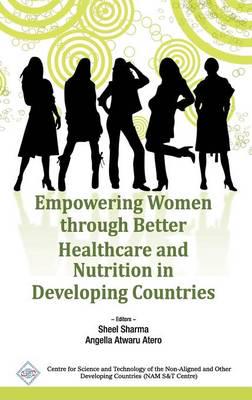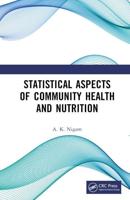Publisher's Synopsis
Besides economic growth, the development also encompasses human, social, political and technological progress. In fact, women are a great human resource and their role in society is crucial for its socio-economic development. However, the women as yet comprise only a small percentage of the scientific and academic community. Given proper own space, women can play an important role in the scientific, technical and social development of the country. In this context, women's health is of crucial importance, which is greatly affected by the ways in which they are treated and the status they are given in the society as a whole. Women's health refers to the specific issues pertaining to the human female anatomy. In this concern, the nutritional status of woman in the developing countries is causing concern which affects the health of the children too. The gender discrimination, particularly in the developing countries, leaves women vulnerable to disease and death. Thus there is an immense need to critically examine the healthcare risks facing women, specifically of child bearing age, in developing countries. In this context, to understand the current status of women's healthcare and nutrition and related traditions and policies, and to identify the areas of weaknesses, stumbling blocks and challenges in providing adequate healthcare nutrition to women, a 3-day International Conference on 'Empowering Women in Developing Countries through better Healthcare and Nutrition' was organized by the Centre for Science and Technology of the Non-Aligned and Other Developing Countries (NAM S&T Centre) on 22-24 April 2010 jointly with the Women Studies and Societal Development Unit of the Birla Institute of Technology and Science (BITS), Pilani (Rajasthan), India, with the support of the United Nations Children's Fund (UNICEF), at the BITS Campus. The present publication is an outcome of this International Workshop and reflects the views and experiences of scholars and policy makers deliberated during this Conference and includes contributions on the present perspective of empowering women in developing countries through better healthcare and nutrition. The publication will serve as a valuable reference material for policy makers, the scientific community and the public at large, particularly in the developing countries, and help in evolving better strategies to give rightful place to women in socio-economic development.










